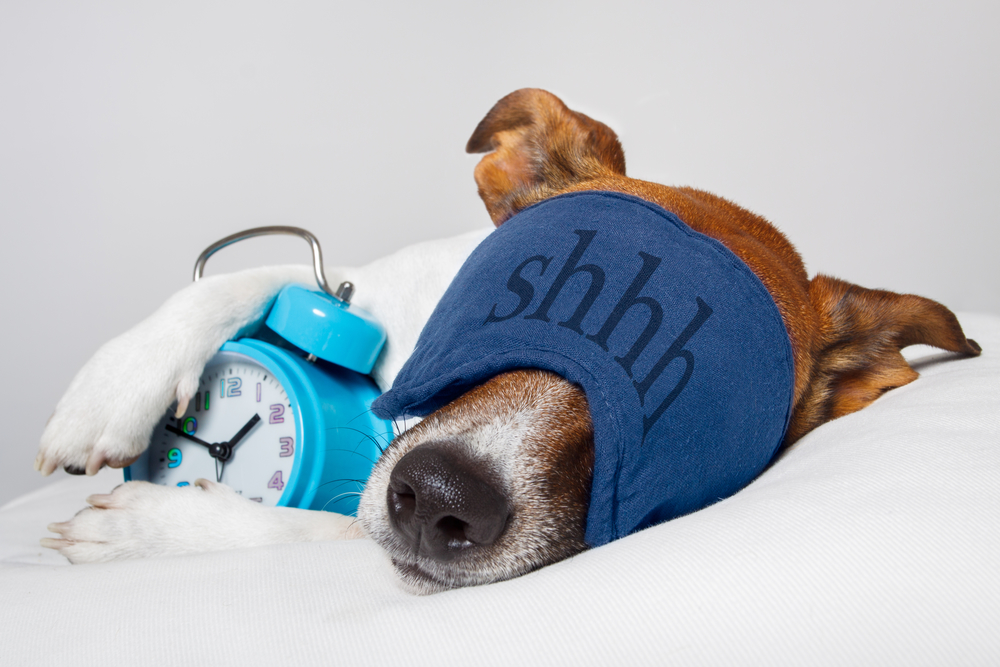
It’s World Sleep Day … how well do you sleep?
October 27, 2020||
Are you one of the increasing number of people who struggle to sleep each night? In our 24-hour society a good nights’ sleep is becoming more of a luxury, with a recent study showing we sleep 1-2 hours less than we did 60 years ago.
Not only is poor sleep linked with an increasing number of health issues including increased risk of obesity, type 2 diabetes and Alzheimer’s disease, but it can also affect our ability to lose weight, due, in part, to imbalances in our hunger hormones leading us to eat more calories.
While there are many factors affecting our sleep that are beyond our control, eg pregnancy, young children, shift work to name just a few, there are also some simple lifestyle tweaks you can implement that can make a difference.
Here are my top tips for a good night’s sleep
- Practice good sleep hygiene
- Go to bed and wake up around the same time each day. Most people need 7-9 hours sleep per night, though there are variations on this
- Start winding down an hour before bed – read a book, listen to music
- Check your bedroom temperature – 16-18°C is ideal
- Use blackout curtains if your bedroom is near strong light
- Get outside – being inside all day is thought to reduce melatonin, known as our ‘sleep hormone’.
- Ditch the electronics. Avoid looking at bright screens 2-3 hours before bed. Not only do they stimulate brain activity, but the blue light they emit can reduce the body’s ability to produce melatonin. This can also apply to alarm clocks, phones, chargers etc
- Eat a well-balanced plate make sure you eat enough protein and avoid simple carbohydrates and added sugars to help keep blood sugar levels balanced. And include foods that boost serotonin (a neurotransmitter that helps regulate sleep)such as kiwi fruit, walnuts, green tea or those rich in tryptophan to help promote sleepiness (best eaten with a complex carbohydrate) – warm milk, banana, wholegrain bread with hoummous, brown rice, blackbeans and guacamole, fish, turkey, oats, eggs on wholegrain toast, figs, dates and cottage cheese are all good options.
- Avoid heavy meals before bed as they fire up our metabolism. Leave at least 3 hours between dinner and going to bed to minimise heartburn and indigestion and avoid rich, spicy meals.
- Avoid stimulants after midday. Depending on your genetic make-up, some people can still be metabolising coffee up to 14 hours after drinking it. And remember caffeine can be found in some energy drinks, sodas and cough medicines. And don’t be fooled into thinking alcohol will guarantee a good nights’ sleep. It often has the opposite effect and causes you to wake in the night. Smoking can also interfere with sleep patterns.
- Exercise helps boost serotonin. But don’t do a big cardio session right before bed as it can have a stimulatory effect and can prevent sleep. More gentle, calming exercises are better before bed, such as yoga or pilates.
Posted in Blog
